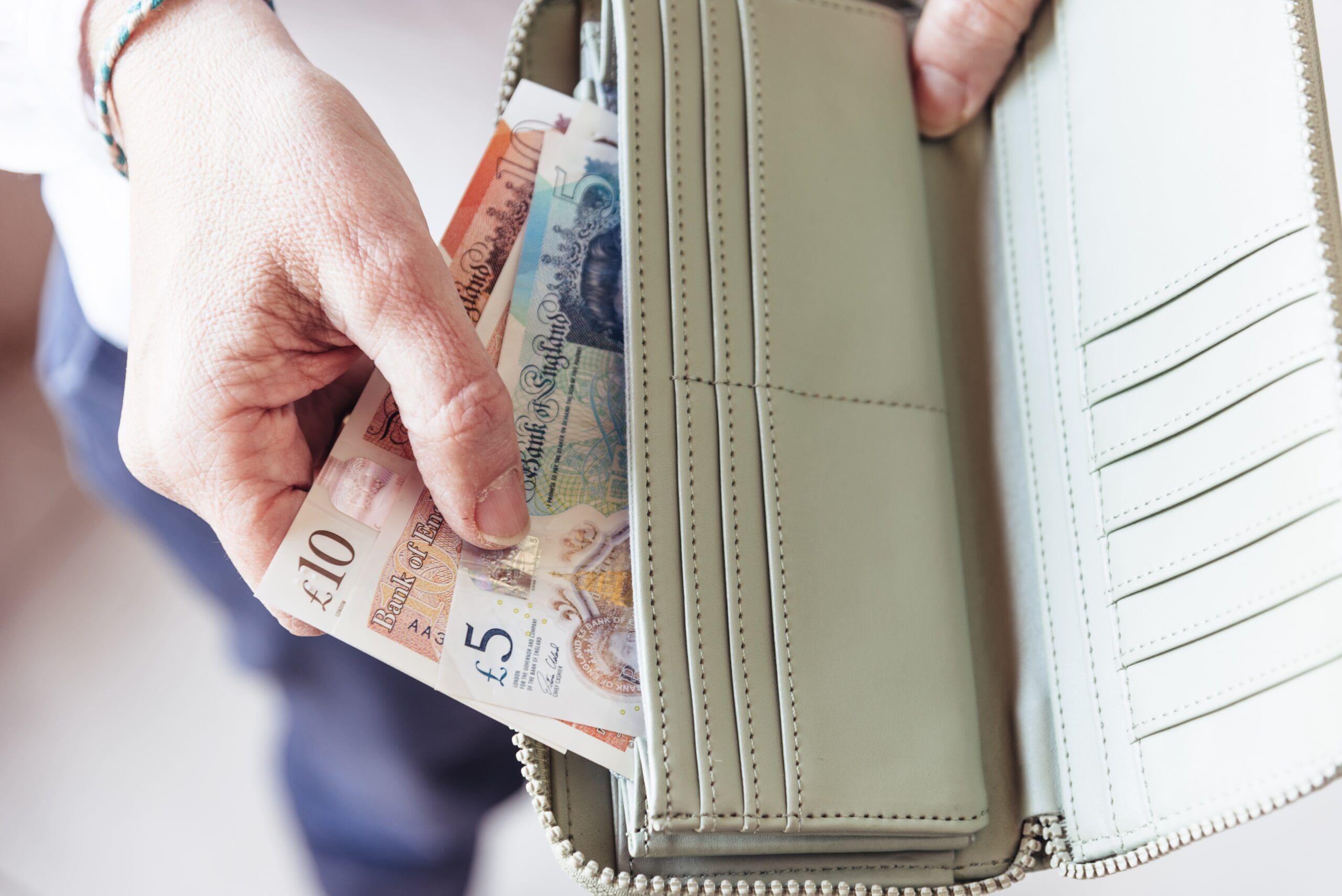See original post here.
A universal basic income of £1,600 a month is to be trialled in England for the first time in a pilot programme.
Thirty people will be paid a lump sum without conditions each month for two years and will be observed to understand the effects on their lives.
Two places in England have been selected for the micro pilot scheme: central Jarrow, in north-east England, and East Finchley, in north London.
Will Stronge, the director of research at the thinktank Autonomy, which is backing the plan, said of the £1,600 figure: “This is a substantial amount. Universal basic income usually covers people’s basic needs but we want to see what effect this unconditional lump sum has on people’s mental and physical health, whether they choose to work or not.
“Our society is going to require some form of basic income in the coming years, given the tumult of climate change, tech disruption and industrial transition that lies ahead. This is why building the evidence base and public engagement now is so important, so the ground is well prepared for national implementation.”
Advocates argue that universal basic income (UBI) can provide a level of economic security to everyone. It is seen as a potential solution to insecurity in the labour market, while others say it is expensive and support should be targeted.
Last year, Andy Burnham, the mayor of Greater Manchester, said UBI was an idea “whose time has come” as he spoke on the cost of living crisis. Burnham said: “A universal basic income will put a solid foundation beneath everybody so that they can have a life with security and stop worrying about everything.”
Similar pilots are already under way in other countries. In Wales, the devolved government is running a scheme paying a £1,600 a month for two years to young people leaving care. It says it will report on the outcome after the trial finishes.
In 2020, more than 170 MPs and peers urged the government to introduce a universal basic income to “give everyone the financial support they need to provide for themselves and their families” during the coronavirus pandemic.
Cleo Goodman, a co-founder of the initiative Basic Income Conversation, said: “We’re hopeful that this plan will result in the first ever basic income pilots in England. No one should ever be facing poverty, having to choose between heating and eating, in one of the wealthiest countries in the world. Basic income has the potential to simplify the welfare system and tackle poverty in Britain.”
A control group will be recruited and not paid the basic income to monitor their experiences during the same period. Participants will be randomly selected from a pool of volunteers, with 20% of places allocated to people with disabilities.
Stronge said: “All the evidence shows that it would directly alleviate poverty and boost millions of people’s wellbeing: the potential benefits are just too large to ignore. With the decades ahead set to be full of economic shocks due to climate change and new forms of automation, basic income is going to be a crucial part of securing livelihoods in the future.”
















